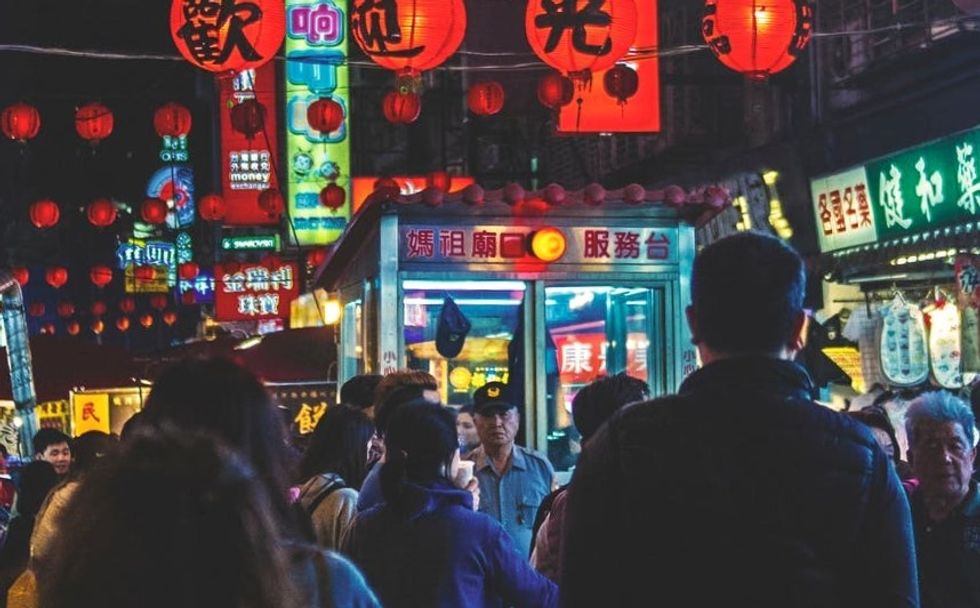"Nǐ xǐhuān yao shénme?" (What would you like?)
"Guo je shui." (Fruit water.)
"Ah?"
"Uh, guo je shui?"
"Miss, just say it in English."
"Orange juice…"
"Okay, you need a translator for your Chinese."
That was the awkward conversation I had with the flight attendant on my trip to China. It's been a while since I practiced my Chinese with someone other than my parents. I felt very awkward and self-conscious about it, but I still wanted to practice to improve what I could salvage from what I already knew.
I still didn't know how to write (let alone talk) properly with the right grammar and pronunciation. But every time I talk with someone who's fluent in Chinese, the mention of my poor Chinese skills or lack of Chinese skills gets brought up in the conversation.
Only recently did I want to start studying Chinese seriously because suddenly I felt a sudden desire to embrace the Asian side of me and learn more about the roots of my history and of my culture. I felt angry at myself for how hard I tried suppressing it throughout elementary school and middle school, from yelling at my mom for making me dumplings for lunch to trying to dress up in the "American style."
I would get made fun of by both classmates and teachers by how foul my food smelled or how exotic my face looked and it made me both ashamed and angry at my identity. I realize now that it was also the partial reason why I was so resistant to learning Chinese. Now, it's slowly starting to hit me that speaking Chinese is an important factor to not only connect with my parents but also with a deeper part of my own identity.
So, moral of the story: I'll keep talking loud and proud with my broken Chinese as long as it helps me get closer to improving and connecting to my culture.




 Today I am
Today I am  Go to the gym
StableDiffusion
Go to the gym
StableDiffusion
 Listen to more music
Photo by
Listen to more music
Photo by  Have more patience
StableDiffusion
Have more patience
StableDiffusion













